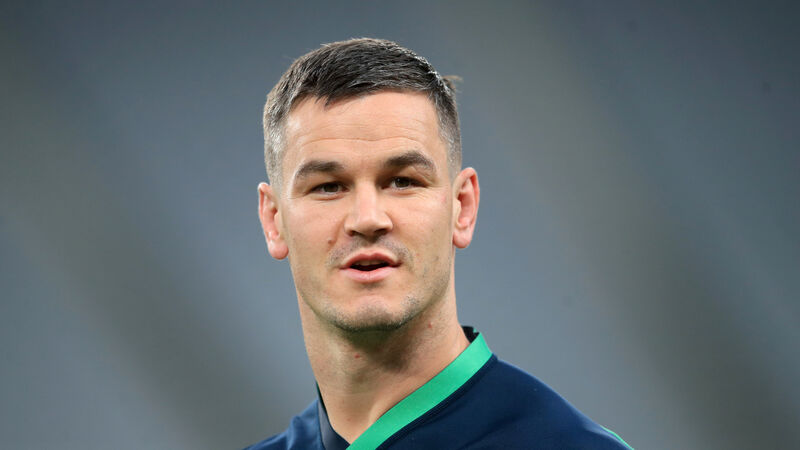Tommy Martin: Sexton at 10 is like corporation tax and the Gulf Stream, precarious but vital

VITAL: Ireland's Johnny Sexton.
The anxiety that comes over Irish rugby fans whenever Jonathan Sexton gets injured is of a very specific kind. It is full of context and nuance and revealing of the national mindset.
Sexton at number 10 is like corporation tax and the Gulf Stream, a thing whose existence is precarious and without which Ireland would be banjaxed. Interest in his welfare is more than the normal concern about a key player. For the Irish team, it is existential, fundamental, foundational.









